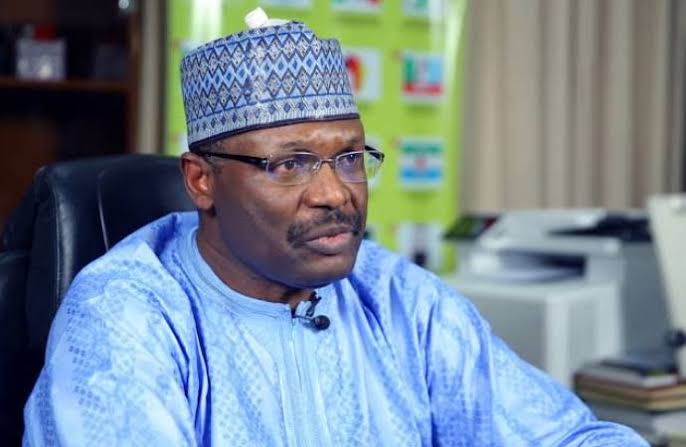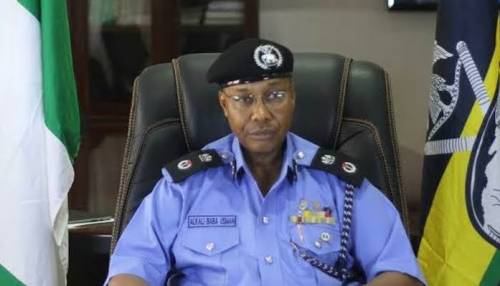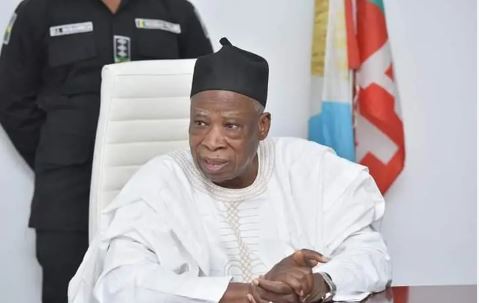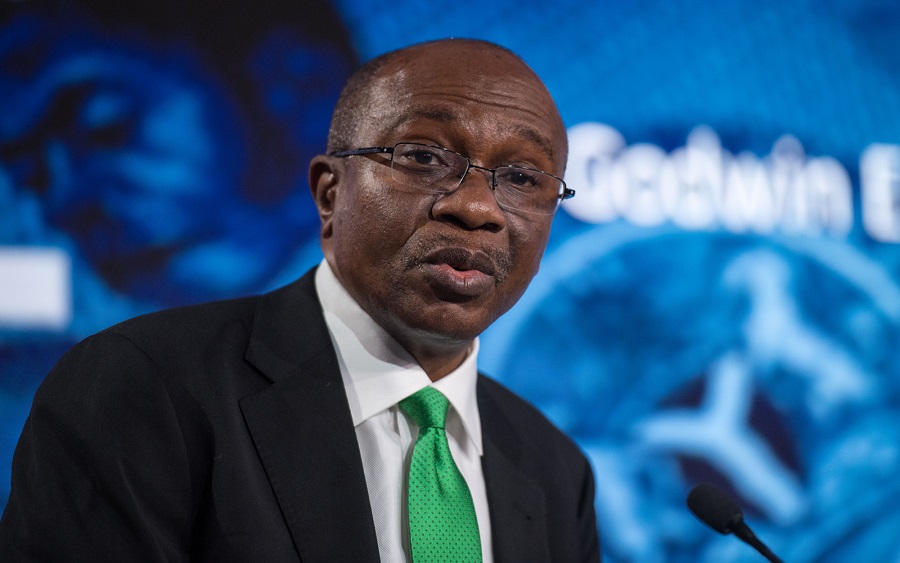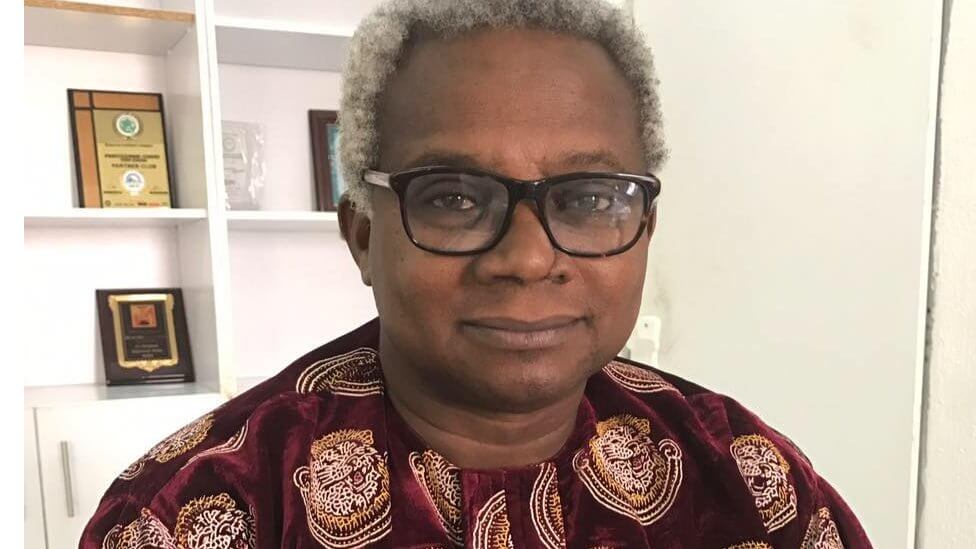Socio-Economic Rights and Accountability Project (SERAP) has filed a lawsuit against the Independent National Electoral Commission (INEC) over “the failure to investigate allegations of electoral violence and other electoral offences including bribery against some state governors and their deputies during the 2023 elections.”
According to reports, the recently concluded presidential and national assembly elections and governorship elections in some states witnessed widespread reports of voter suppression, voter intimidation and the destruction or theft of election materials by political party agents and thugs across the six geopolitical zones.
In the suit number FHC/ABJ/CS/583/2023 filed last Friday at the Federal High Court, Abuja SERAP is asking the court for “an order of mandamus compelling INEC to seek the appointment of independent counsel to investigate allegations of electoral offences against state governors and their deputies during the 2023 elections.”
SERAP is seeking “an order of mandamus compelling INEC to promptly, thoroughly and effectively investigate reports of electoral violence and other electoral offences committed during the elections, identify suspected perpetrators and their sponsors, and ensure their effective prosecution.”
SERAP is also seeking “an order of mandamus directing and compelling INEC to prosecute all arrested electoral offenders in the 2023 general election in the custody of law enforcement and anticorruption agencies.”
In the suit, SERAP is arguing that: “By allegedly engaging in electoral violence and other electoral offences in so blatant a fashion, suspected perpetrators and their sponsors have clearly acted in violation of constitutional provisions, international standards and the Electoral Act.”
SERAP is arguing that, “identifying, arresting, investigating and prosecuting any politicians and their sponsors suspected to be responsible for electoral offences during the elections would end the impunity of perpetrators. It would also advance Nigerians’ right to freely participate in their own government.”
SERAP is also arguing that, “Addressing the brazen impunity and reports of electoral violence and other electoral offences during the 2023 general elections would also send a strong message to politicians that they would be held to account for any infringement of the electoral process.”
The suit filed on behalf of SERAP by its lawyers Kolawole Oluwadare, Andrew Nwankwo and Ms Blessing Ogwuche, read in part: “Election violence is a threat to fair and representative elections.”
“Election violence is inconsistent and incompatible with the principles of democracy, the rule of law, transparency and accountability for politicians to allegedly use violence to disrupt the electoral process.”
“Section 52 of the Independent Corrupt Practices and Other Related Offences Act allows INEC to seek the appointment of an independent counsel to probe allegations of electoral violence and other electoral offences that may have been committed by any state governors and/or their deputies.”
“When politicians and their sponsors decide to engage in electoral violence and other electoral offences rather than contest fairly for people’s votes, there are possibilities that such politicians will show a disregard for democratic rules and a disposition to adopt illegal means becomes inevitable.”
“Ending impunity for electoral violence and other electoral offences would promote accountability of suspected perpetrators and their sponsors, ensure justice for victims, and ultimately advance the people’s right to vote as well as bolster voter confidence in the electoral process.”
“Electoral violence and other electoral offences reportedly committed during the 2023 general elections are contrary to the express provisions of the Nigerian Constitution 1999 [as amended], the Electoral Act and international standards.”
“The Nigerian Constitution provides in Section 14(1)(c) that, ‘the participation by the people in their government shall be ensured in accordance with the provisions of this Constitution.’”
“Sections 121 and 127 of the Electoral Act prohibit electoral bribery and undue influence before, during and after any election.”
“Section 145(2) provides that, ‘a prosecution under this Act shall be undertaken by legal officers of INEC or any legal practitioner appointed by it.’ Under section 2(b), the commission ‘shall have power to promote knowledge of sound democratic election processes.’”
“According to a report by the Centre for Democracy and Development (CDD), several polling units recorded violence and/or fighting across the country.”
“These violent incidents were often focused in political strongholds of opposition or perceived opponents which suggest that the use of BVAS – which limits overvoting when properly used – has resulted in a more concerted effort to stymie citizens casting their votes in opponent’s strongholds.”
“Similar incidents of intimidation were reported in the six geo-political zones.”
“In several states, political thugs, apparently with the support of law enforcement officials, disrupted and sent back voters intending to vote for opposition parties. Party agents were reported to be directing people who to vote for while those unwilling to do as directed were denied ballot papers and forced to leave the polling units.”
“There were reports of destruction of used ballot papers and vandalization of entire polling units in some states. Violence was also used to target BVAS machines in order to disrupt the process and ensure the cancellation of results.”
“According to the CDD, there are reports of vote trading in zones across the country, with both cash and goods used by all political parties in an effort to entice voters to cast their ballots at their direction. The CDD noted vote buying at polling units during the elections across the country.”
No date has been fixed for the hearing of the suit.
